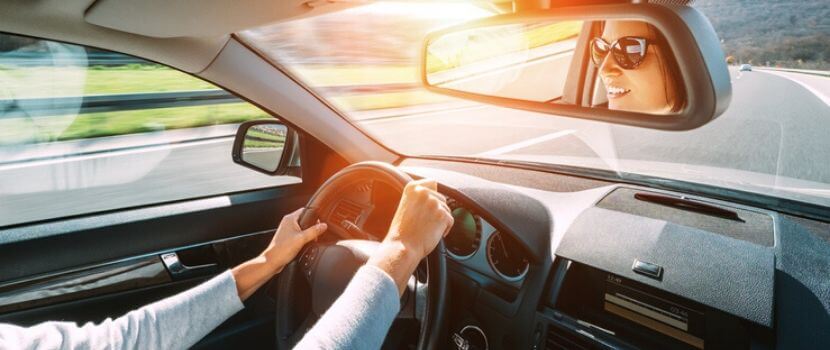Car accidents are always stressful. You’re startled, shocked, and angry. You’re trying to figure out the extent of injuries and damage. You wonder if you’ll have to take time off from work to deal with the aftermath. And, unfortunately, you may also have to deal with litigation. But, what happens if you were rear-ended? Would that make it easier for you to prove that the other driver was at fault? Are there any instances in which you could be held liable even if someone hit your car from behind?
Legal obligations of all Florida Drivers
Florida Statutes Chapter 316.0895 establishes that all drivers are required to keep a safe distance between their motor vehicle and the car in front of them. That said, there isn’t a specific distance you’re required to observe. In practical terms, give yourself enough space to react if the car in front of you suddenly stops. As long as it’s a distance that a reasonable person would consider as reasonable and prudent, you’re complying with the law.
When it comes to a T-bone accident, determining fault can be difficult, but if a car rear-ends you, it is presumed the driver who hit your car is at fault. However, that presumption could be rebutted by introducing evidence that you may have been negligent — such as slamming on the brakes or by failing to replace broken tail lights. The burden will be on the driver who rear-ended you to convince your insurance company — or a jury if the case goes to trial — that you were either fully or partly at fault for the accident.
Comparative Negligence Doctrine
Addressing whether you were partly at fault for the accident is relevant because Florida is a comparative negligence jurisdiction. This means that if both you and the driver who rear-ended you were negligent — and, say, evidence shows that fault is split 50/50 — you would only be able to claim half of your damages.
Such evidence would be collected during a process called discovery. Both you and the other party could request to see any type of documentation or sworn statements that would show negligence. This could include mechanic records, surveillance footage from nearby businesses, evidence of either one of you being under the influence (if applicable), witness testimony, testimony from the police officer who showed up at the scene, testimony from an expert in accident reconstruction, or any evidence regarding malfunction of either of your motor vehicles, state of the tires, and/or anything that would point to a breach of duty of care.
What if there was no damage?
If the accident was relatively minor and you can’t see any damage to your car — or feel any symptoms of injury — you may be tempted to take a sigh of relief, and go on about your life. However, the adrenaline of the impact may eliminate indications of being hurt. By the same token, some injuries may take a while to manifest. Therefore, you should always seek medical attention to rule out any potential issues — such as whiplash or herniated disks. If you fail to file a claim within 14 days from the date of the accident, the insurance company could deny your claim.
What if the other driver’s insurance company makes a settlement offer?
Never talk with the insurance adjuster from the other party’s insurance company without legal representation. Even if they sound reasonable and likable, their job is to minimize their insured’s liability. If you feel fine a few days after the accident and mention it, that will be used against you later on if you start developing back pain, headaches, soreness, etc… Or, if you mention from the outset that you have aches and pains, the adjuster is not going to take into account the extent of injuries or the need for future treatment. Therefore, it’s crucial to always seek legal advice from an experienced attorney about how to move forward.
If you got into a car accident and were not at fault, let us help you.
Every car accident is different. There are many factors that determine the drivers’ level of liability. Let’s discuss your case, we’ll look for ways to have all of your expenses covered — for present and future treatment — as long as they relate to the accident.
At Carey Leisure Carney, we have more than three decades of combined experience successfully representing clients involved in car accidents. All of our attorneys are accessible and Board Certified in civil trial law. Contact us online or call us at 727-799-3900 to schedule a free consultation.
Disclaimer: This blog is for informational purposes only and does not create an attorney/client relationship.
